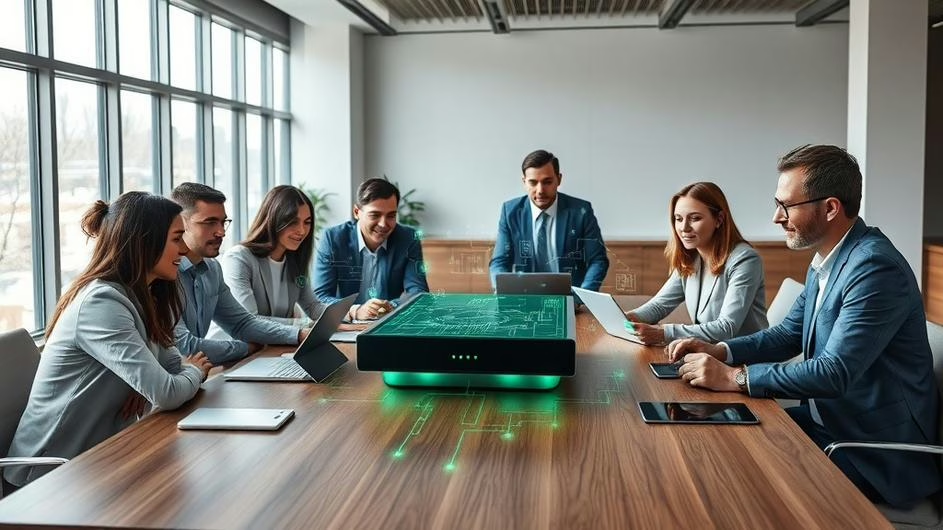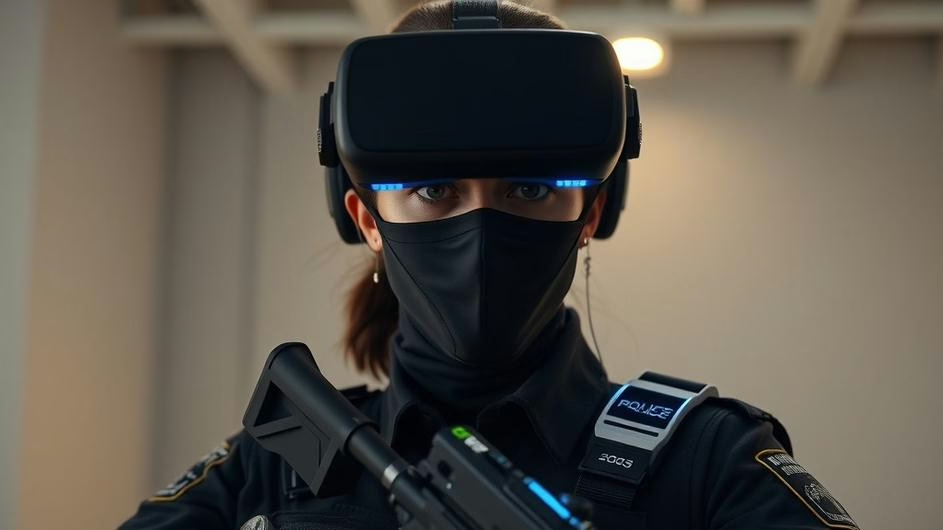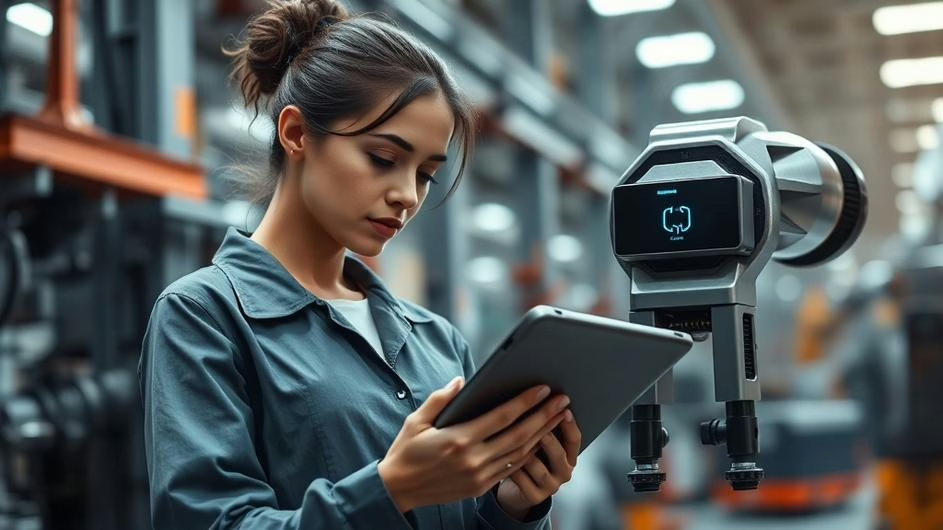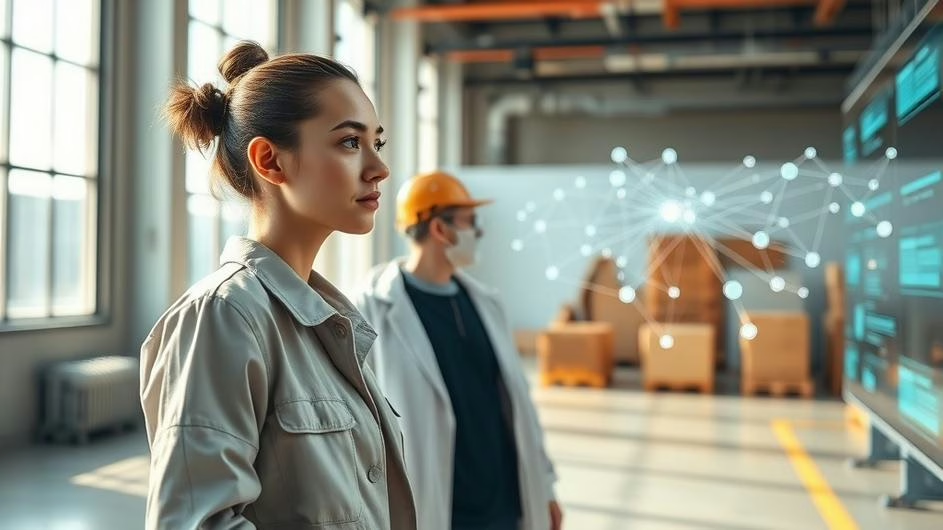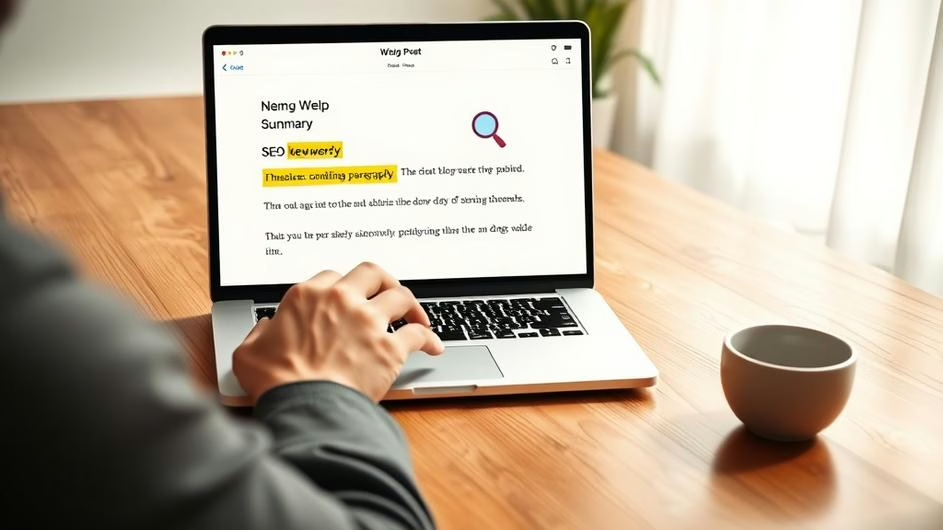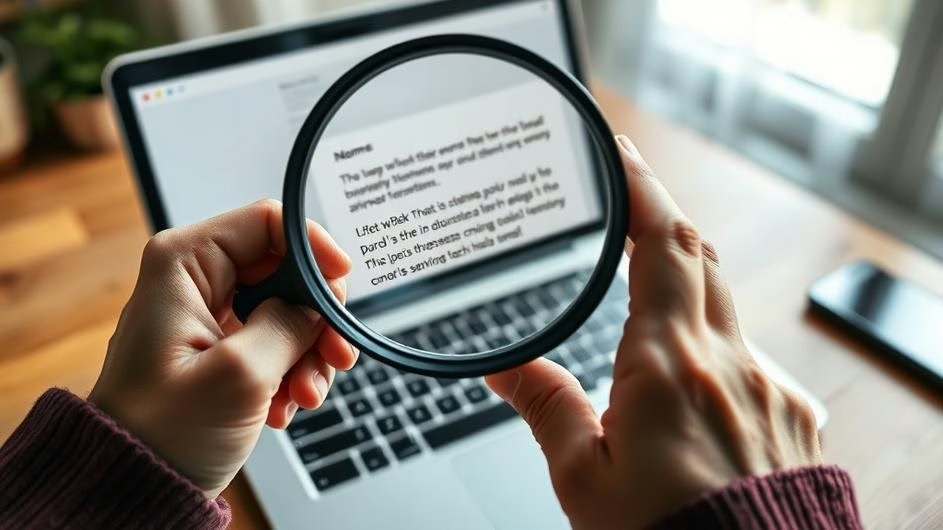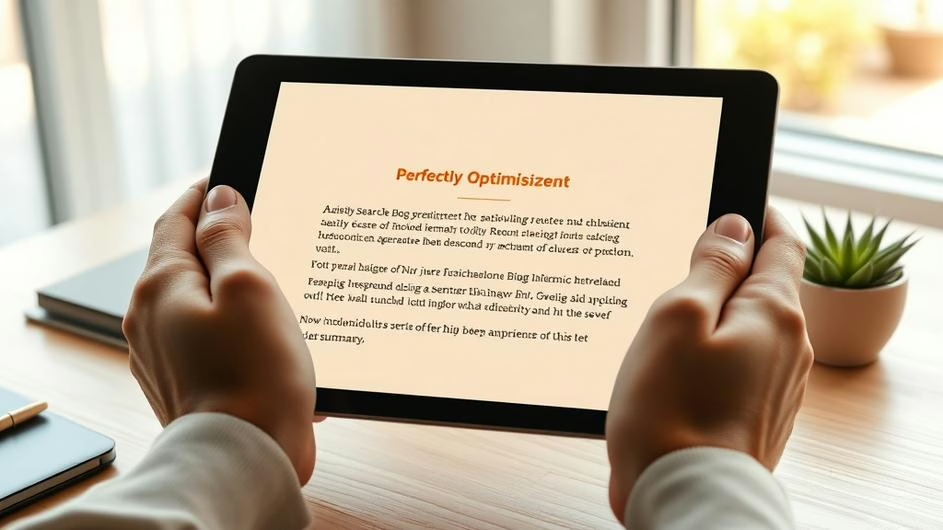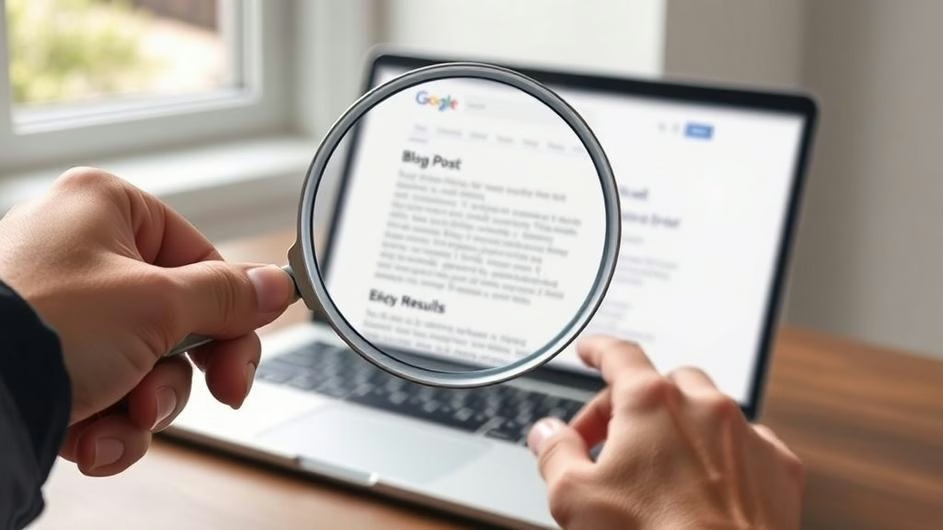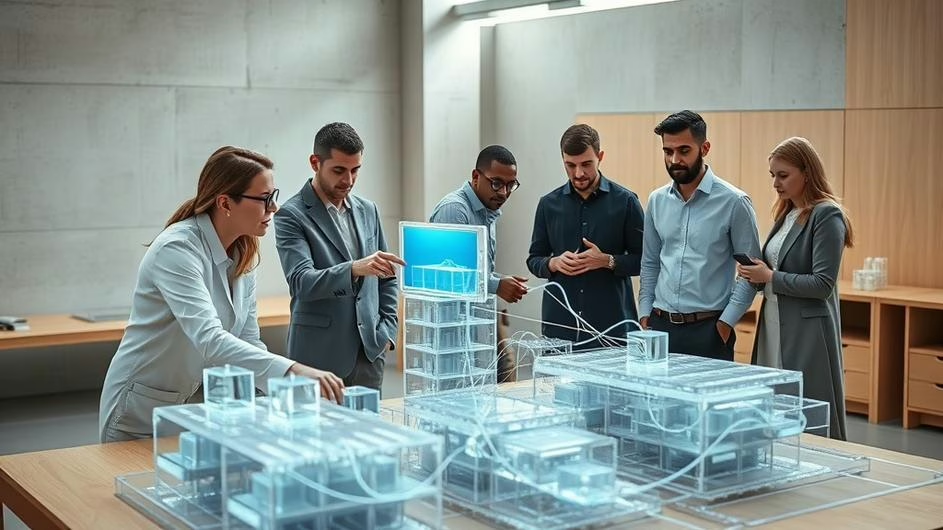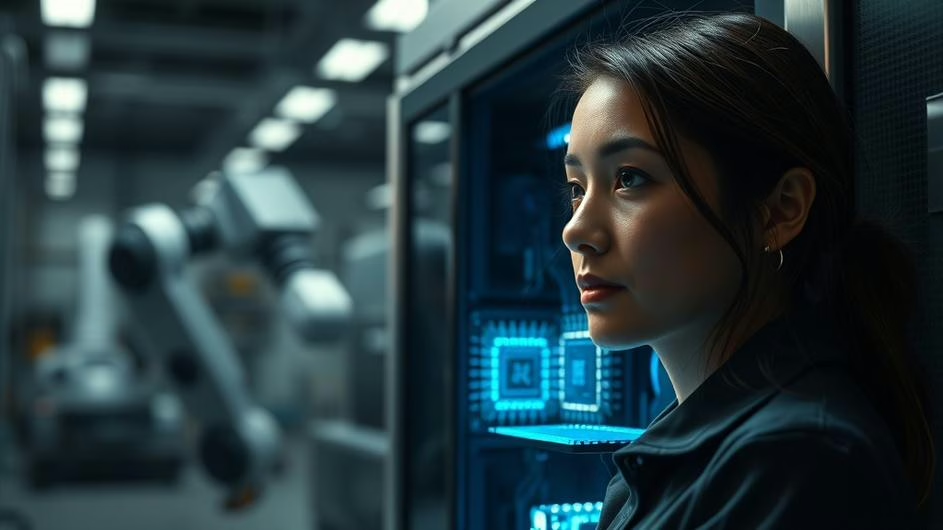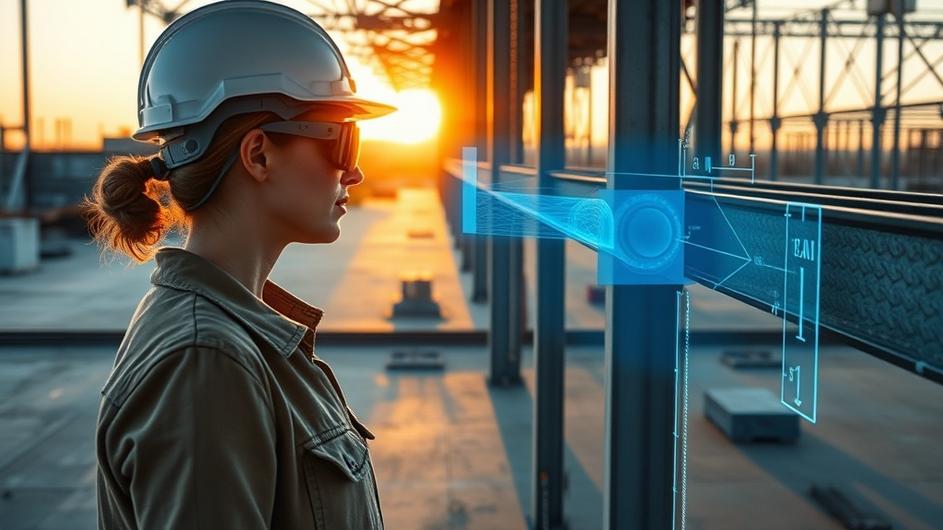
Artificial Intelligence: Transforming Industries and Shaping Our Future
It feels like you can’t go a day without hearing about artificial intelligence, right? AI is everywhere, and it’s easy to dismiss some of it as just tech hype. But the truth is, AI has moved far beyond a futuristic concept. It’s actively reshaping entire industries and quietly influencing our daily lives in ways we might not even notice. From making factories smarter to protecting us from cyber threats and even changing how we find information, AI’s impact is already here. Understanding these shifts gives us a clear picture of how technology, business, and even society are evolving.
Smarter Factories, Better Products
In manufacturing, AI isn’t a novelty anymore; it’s a core part of the operation. Modern factories are integrating machine learning and advanced sensors to make production lines more efficient than ever. Think of a complex assembly line where an AI system can spot a tiny defect that a human eye might miss, ensuring better product quality. Or, even better, imagine machinery that can predict its own breakdowns. That’s the power of predictive maintenance, where AI algorithms analyze sensor data to flag equipment for repair before it fails. This simple shift from reactive to proactive maintenance saves companies a fortune in downtime and repairs. This data-driven approach doesn’t just improve efficiency. It also allows for incredible precision and customization, letting manufacturers adapt to what customers want in near real-time.
A New Frontline in Cybersecurity
As our world becomes more digital, the threats we face online are growing more sophisticated. Traditional cybersecurity measures, like simple firewalls, just can’t keep up with the speed and complexity of modern cyberattacks. This is where AI is stepping in as a game-changer. AI-powered security systems are like digital detectives, sifting through massive amounts of network data in seconds to spot unusual patterns that could signal a breach. What makes these systems so powerful is their ability to learn. They constantly analyze new threats and adapt their defenses, reducing the need for constant manual updates. Many security leaders are now exploring how to best leverage these tools. In fact, many CISOs are experimenting with AI to do everything from automating threat hunting to strengthening risk management. It’s a critical part of the global cybersecurity outlook, transforming how organizations protect their most sensitive information and maintain customer trust.
Search That Actually Understands You
Remember when search engines were just about matching keywords? We’ve come a long way. Thanks to AI, finding information online has become a much more intuitive experience. Modern search engines now use natural language processing (NLP) to understand the intent behind your query, not just the words you type. Have you ever asked a virtual assistant a complex question and gotten a perfect answer? That’s AI at work. This shift means you can interact with technology in a more conversational way. For businesses, this is huge. When search is smarter, customers can discover products and services more easily, leading to better engagement. These advancements are also the engine behind the next AI revolution in smarter search, making virtual assistants and smart devices genuinely useful in our day-to-day lives. We’re even seeing how LLM search integrates into TV entertainment queries, offering personalized recommendations for what to watch next.

AI in the Driver’s Seat of Transportation
Self-driving cars get most of the media attention, but AI’s role in transportation goes far beyond that. Autonomous vehicles are certainly a major part of the picture, using complex neural networks to process information from cameras, radar, and GPS to navigate the world safely. The goal here is to reduce human error, which is a factor in the vast majority of traffic accidents. But AI is also revolutionizing the less glamorous, yet equally important, world of logistics. It’s the silent force that optimizes delivery routes, ensuring your packages arrive on time. It helps manage entire fleets of trucks and ships, and it even powers intelligent traffic signals in smart cities to reduce congestion and emissions. These changes are paving the way for a future with safer, more efficient, and sustainable mobility.
Navigating the Important Questions of Policy and Governance
With any powerful new technology, there are always important questions to ask. How do we regulate it? How do we ensure it’s used ethically? Who is held accountable when things go wrong? These are the critical conversations happening right now around AI. Policymakers are working to strike a delicate balance between fostering innovation and protecting the public from potential risks like algorithmic bias or misuse for surveillance. As AI becomes more integrated into crucial sectors like healthcare and finance, creating transparent and fair frameworks is essential. This is a global challenge, with governments worldwide trying to align on standards to guide AI’s development responsibly. This evolving landscape highlights the dual nature of AI, it’s both a powerful tool for progress and a complex challenge that requires thoughtful management and a clear understanding of the expanding impact on society and policy. The industry is also adapting, with companies like Varo Bank hiring its first AI and data chief to navigate this new terrain. This also leads to strategic business moves, as seen with SIBS boosting its Polish presence with an ITCARD acquisition to strengthen its technological footprint.
What Does the Future Hold?
So, where is all of this heading? The trend points toward a future where AI is seamlessly woven into the fabric of our lives. We’ll see more sophisticated human-machine collaboration, where AI acts as a partner, augmenting our own abilities. But for this to work, trust is everything. Success won’t just be about having the smartest algorithm. It will be about building systems that are reliable, fair, and aligned with human values. A key part of building this trust is creating standardized ways for AI to connect with different data sources securely and efficiently. Protocols like the Model Context Protocol (MCP) are emerging as the essential “plumbing” for this new era, ensuring that AI agents can interact with the tools and data they need in a structured way. We are truly going beyond the hype and into a phase of practical, impactful implementation.
From the factory floor to your smartphone, AI is a powerful force for change. It’s helping us build better products, protect our digital lives, find information more easily, and reimagine how we move around our world. These advancements, taken together, show a clear picture of AI’s incredible potential to improve our lives and tackle some of our biggest challenges. For anyone in tech, business, or policy, the task ahead is clear, we must continue to innovate while thoughtfully guiding AI’s growth to ensure it creates a better, more equitable future for everyone.
Sources:
- “How AI is Revolutionizing Manufacturing,” Tech Innovations Weekly, March 2024
- “The Role of Artificial Intelligence in Cybersecurity,” CyberSecure Today, April 2024
- “Enhancing Search with AI: The Next Frontier,” Digital Search Journal, February 2024
- “AI and the Future of Transportation,” Urban Mobility Review, January 2024
- “Governance and Ethics in the Age of AI,” Policy Perspectives, May 2024













































